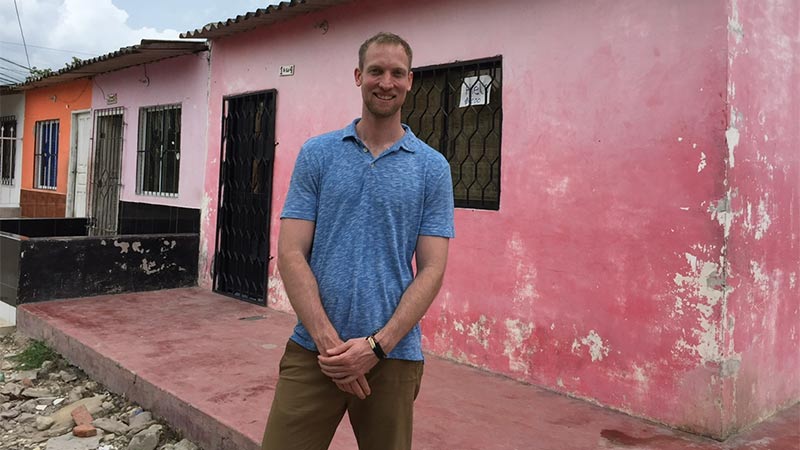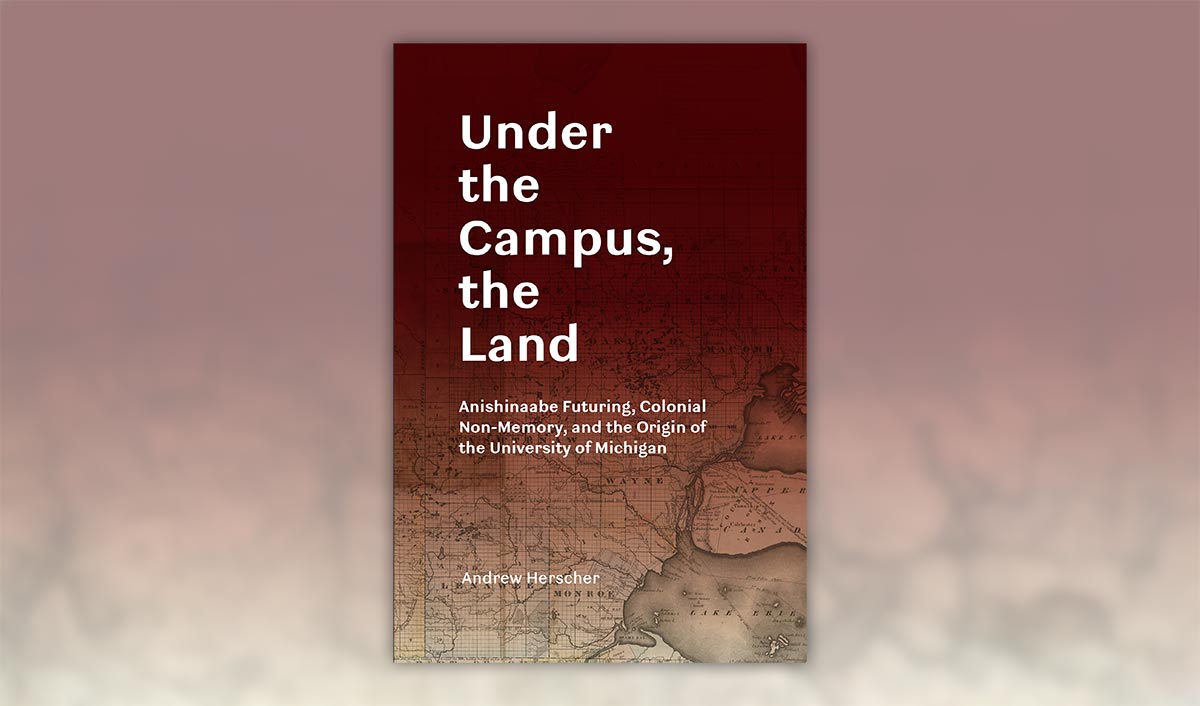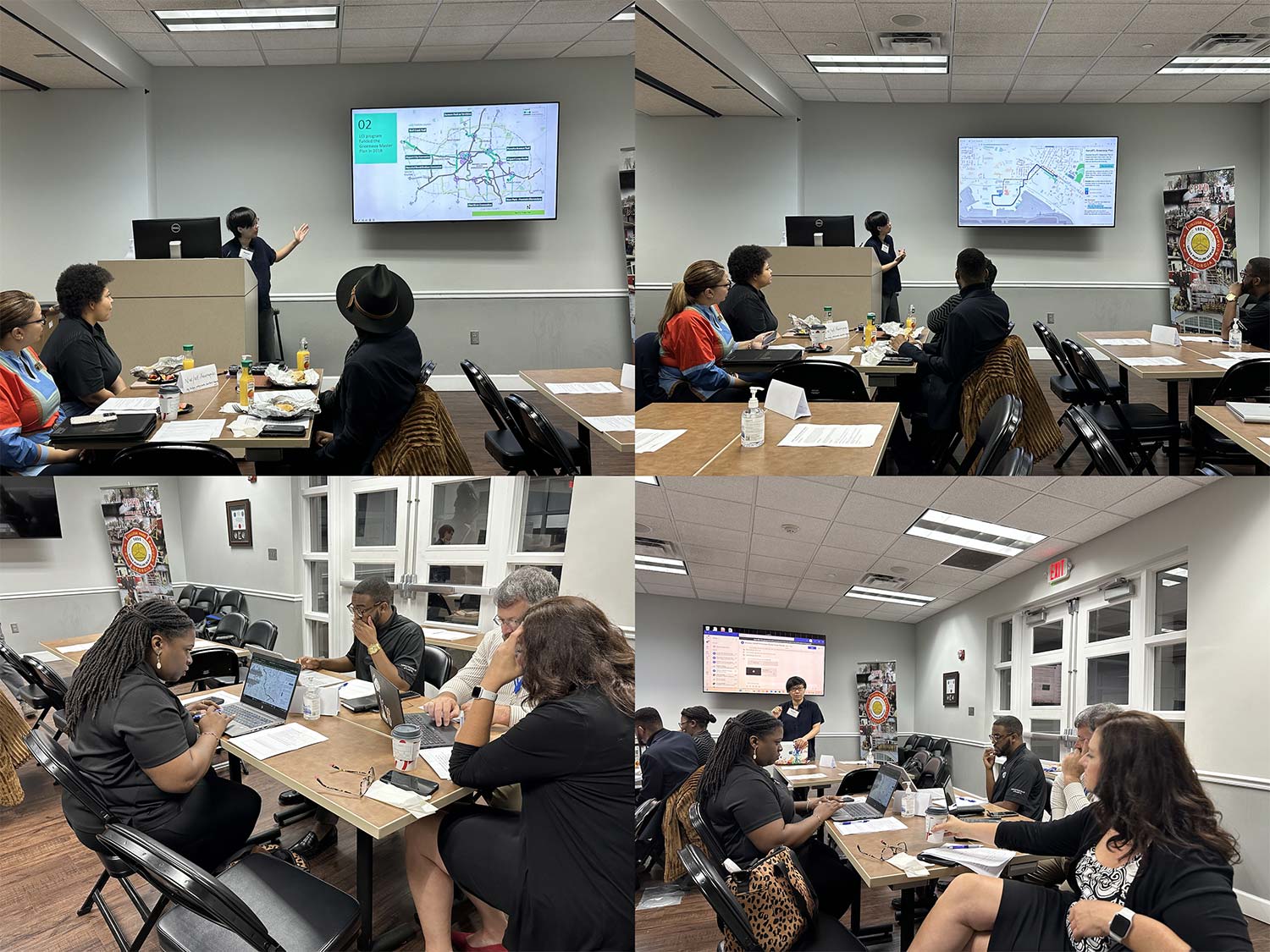
Tim Berke Recognized with GPEIG Award for Best Student Paper on International Planning
Tim Berke, Ph.D. student in urban and regional planning, was recognized with the Global Planning Educators’ Interest Group’s (GPEIG) 2023 award for the best student paper on an international planning topic. GPEIG is part of the Association of Collegiate Schools of Planning (ACSP), working to bring planning students and educators together to share, shape, and incorporate global perspectives in planning education and research.
Berke’s research focuses on post-conflict development, forced migration, public health, and collaborative planning. His winning paper titled “Using Land to Promote Refugee Self-Reliance in Uganda” is co-authored with Larissa Larsen, professor of urban and regional planning.
Around the world, the number of people displaced from their homes continues to increase due to political conflict and climate change. The Ugandan government’s policy for settling refugees shifts the focus from seeing refugees as humanitarian obligations to recognizing that refugee settlements bring improved services and infrastructure that can serve both refugees and residents of the host communities. A key aspect of this policy is to provide refugees with land use rights so they are able to achieve “self-reliance.”
The research covered in the paper investigates (1) the role of planning in establishing the physical layout of Bidi Bidi, Uganda’s largest integrated settlement, (2) the host community’s rationale for allowing refugees access to their land, and (3) how refugees used this land. Based on interviews, participant observation, GIS analysis, and document analysis, we learned how refugees altered the settlement’s layout to better meet their needs, the unintended consequences of large-scale deforestation on the most vulnerable, and the limitations of the land-based approach to achieve self-reliance. These findings suggest expanding the avenues to achieve self-reliance, improving “integration” of service provision between refugees and residents of the host community, and protecting the area’s environment to maintain needed resources.
“I am grateful to receive this award and would like to extend my appreciation to GPEIG and Taubman College for recognizing and supporting this crucial field of study, often overlooked. Additionally, I express my gratitude to the International Institute and the African Studies Center for their funding, which has significantly contributed to my dissertation research,” said Berke.









